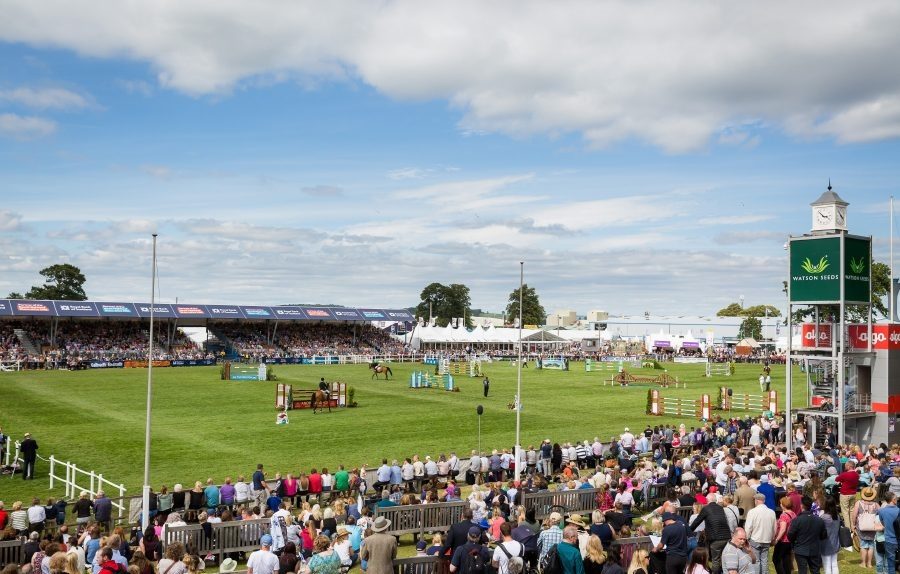
Organisers of the Royal Highland Show are seeking £2 million in donations after the cancellation of this year's event due to the Covid-19 crisis.
The popular four-day show - Scotland’s largest outdoor event attracting up to 200,000 people each year - was cancelled in March.
Prominent agricultural shows across the UK were forced to cancel or delay their events due to the restrictions brought on by the coronavirus outbreak.
The Royal Highland and Agricultural Society of Scotland (RHASS), organisers of the RHS, have now launched a fundraising campaign to fill in the 'gaping hole' left as a result of the cancellation.
The Save Your Show appeal is seeking public funds against a backdrop of a £6 million reduction in the society's 2020 income due to the pandemic.
While the society said there was a 'clear determination' to deliver next year's show, it also needed to be in a 'strong financial position' to mark the event's 200th anniversary in 2022.
The society is calling for individual and corporate donations to allow it to plan ahead as far as 2022, confident that funding is in place.
RHASS Chairman, Bill Gray said: "Since the first show in 1822, the RHS has grown into an event that delivers significant benefits for the sector, both financially and personally.
"As directors, we feel a huge sense of responsibility to keep the show going, but we need financial support to secure the charity’s future and to ensure that the Royal Highland Show continues for many years to come.”
RHASS Chief Executive, Alan Laidlaw added that the society was also pursuing revenue-generating activities alongside government support.
However, he said the reality was 'stark' and the society needed to be realistic as to what it can achieve without external financial support from its members and the wider industry.
“As a charity, we have a duty to maximise the impact of our activities in rural Scotland, giving those who we know care deeply about the show and our work, the opportunity to support the organisation, when we need help.
"We are proud of what we achieve and need the whole industry to get behind the campaign to make sure we succeed,” Mr Laidlaw said.
The campaign, headed by RHASS’ Fundraising and Partnership Manager Joanne Andrews, launched earlier this week in the society's members’ magazine Society.
It will be supported by a mail campaign and direct outreach to industry stakeholders.
